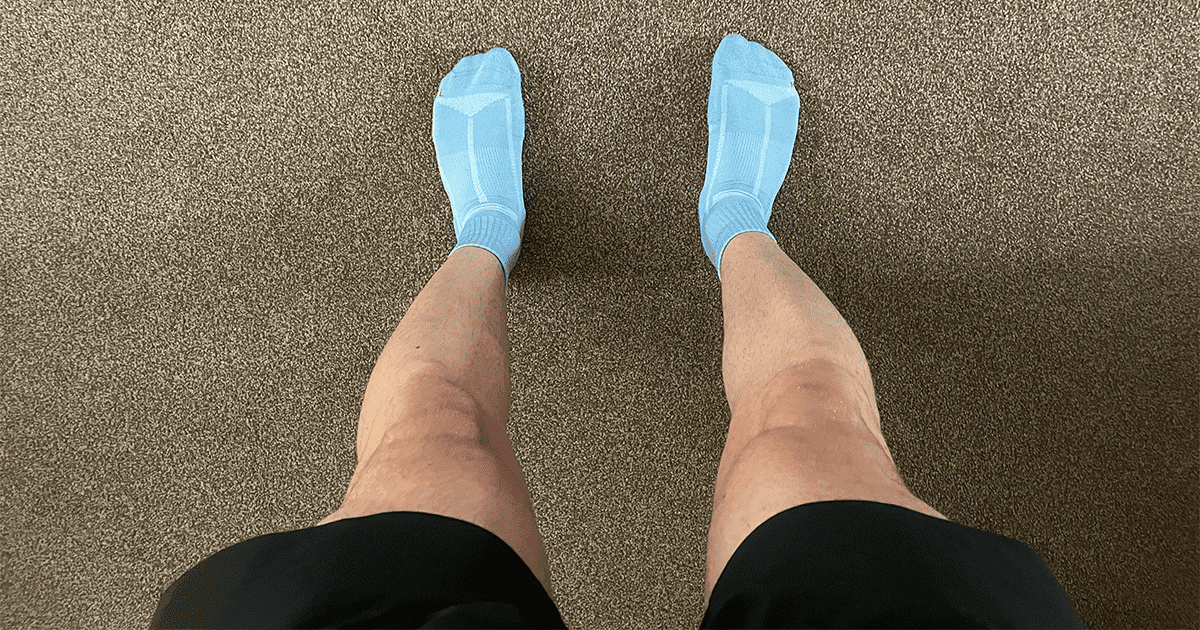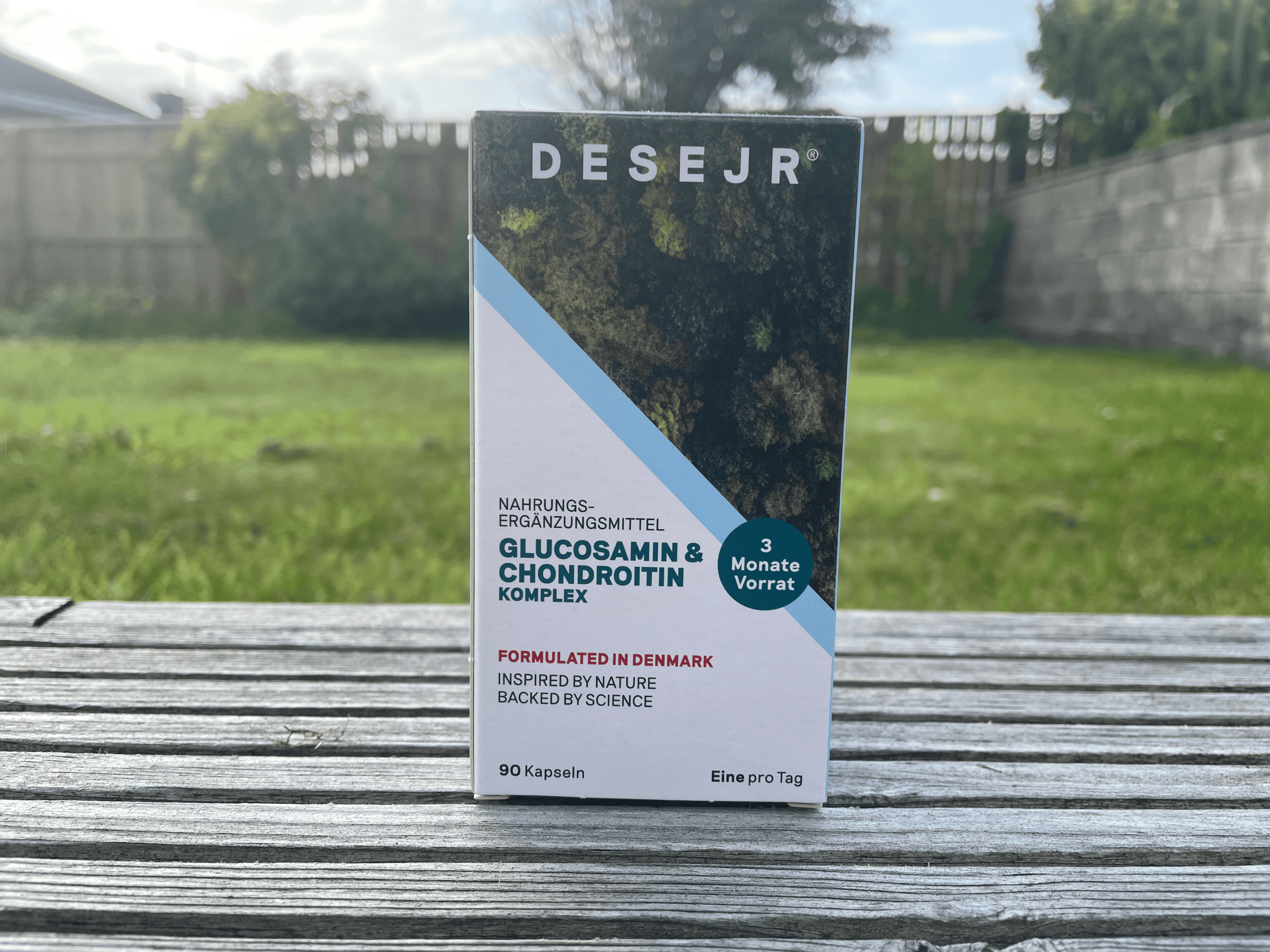How to become a better runner: 10 tips for beginners
Looking to become a better runner? Use these top tips to take your running to the next level.

As a beginner runner, we’re always looking for the next step or secret to becoming a better and faster runner. While there are no shortcuts to becoming a better runner, there are a few tips beginners and experienced runners alike can take onboard to take their running to the next level.
If you’re new to running, there’s more than likely a few simple adjustments you can make to your training to improve your running. Whether this is making adjustments to your nutrition, improving your running form, using the gym to your advantage or simply running more, there’s plenty you can do to become a better runner, and quickly at that. Without further or do, here are ten tips on how to become a better runner for beginners.
Related blog post: 10 Best affordable beginner running products.
1. Run more
I know it sounds simple, but to become a better runner, we must run more. If you’re currently running two or three days a week, increasing this to four or five will improve all aspects of your running and fitness. However, increasing the frequency or intensity of your running too soon will increase the likelihood of injury. Therefore, as a general rule of thumb increase your weekly mileage by no more than 10% each week. This will reduce your risk of injury and allow you to make steady progress as a runner.
2. Recover like the pros

One lesson we can certainly learn from the pros is recovery. Professional athletes treat recovery like a job, they quite literally eat, sleep, and train. You should be getting a minimum of 8-10 hours of sleep per night. Any less and you’ll increase your risk of injury and slow your progress.
Suggested blog post: The importance of sleep as a runner.
Likewise, as a beginner, you should incorporate a minimum of three rest days per week. As you progress and become a better runner, these can be slowly decreased or replaced with cross-training sessions. However, be sure to leave at least one full rest day per week to allow your body adequate time to recover both mentally and physically each week. This will reduce your risk of injury while allowing yourself a mental break from training.
Mental relaxation
In order to fully recover, we must also relax our mind. In such a busy world, this can be a challenging feat. Setting aside time to ourselves to relax allows our mind to prepare for your next run or training session mentally. This is essential to preventing burnout while keeping the sport exciting. This becomes more important, the more frequent you train.
Nutrition
Eating the right foods before and after running is necessary for optimal recovery. Before running look to eat a light snack such as Nutella on toast, a banana, a bowl of porridge, or a bagel. After running, you should ideally consume a meal high in protein within 30-minutes. Examples of meals include tuna pasta, chili, chicken and sweet potato or chicken fajitas amongst countless other options.
Mobility & stretching
Finally, in order to become a better runner, you should look to include both mobility and stretching regime into your training program. Regular stretching and mobility training will reduce your risk of injury and improve your running form.
3. Believe it or not, It’s not all about running

Despite popular belief, to become a better runner, we must incorporate strength training into our training regime. Regular strength training increases explosive power, improves running form, works on muscular imbalances, and reduces our risk of injury.
Including at least one and no more than two strength training sessions per week is recommended. If struggling for time, your strength session can be included at least 6 hours after an interval session or long run the same day.
Recommended blog post: Why and how strength training is essential for faster, injury-free running.
4. Set achievable goals – SMART
Setting achievable goals is fundamental to becoming a better runner. Ask any professional athlete, they all set goals and continuously work towards them. The acronym SMART stands for specific, measurable, achievable, realistic, and time.
Setting our goals with this acronym in mind will allow for more achievable and realistic goals. For example, as a beginner, your goal may be to run your first 5k in twelve weeks. This goal is specific, can be measured, is most likely achievable (depending on your current fitness), is realistic and allows a reasonable amount of time to train.
5. Include variety in your training

Varying your training will allow you to become a better runner. Including running workouts such as a tempo run, interval session, and a long run every one to two weeks will improve your running massively. Different running workouts stimulate different energy systems and encourage various physiological adaptations.
As well as this, including cross-training into your training regime will allow you to develop your cardiovascular fitness without pounding the pavement. This will reduce your risk of injury while directly improving your running performance, and all without actually running!
6. Invest in the RIGHT running shoes
Investing in a quality pair of running shoes is an easy way to become a better runner while reducing your risk of injury. Instead of running in any old store and picking the fanciest pair, you should look to have a gait analysis done. Gait analysis is the process of analysing our running form and style, allowing us to choose the right shoes.
Almost every runner’s gait will be different, whether you’re an overpronator, under pronator or neutral runner, there is a shoe that will best fit you. Most high-end running stores should run gait analysis in store, allowing you to choose the most comfortable shoe for you.
7. Consistency
Finally, consistency is key to becoming a better runner! Be consistent with your running, your strength training, your diet, and all aspects of recovery will no doubt improve your running.
Tip: Track your running on an app such as Strava or in a notepad. This will encourage you to track your training while motivating you NOT to miss a session once you’re on a roll.
8. Try running in a group or with a friend
If you struggle with motivation to get out the door or even to kick up the pace, joining a running group or arranging to meet up with a friend can work wonders for your training. Why not arrange to meet every Sunday for a long run or perhaps every Tuesday and Thursday for a speed or interval session?
This can work especially well if your friend is a little faster than you, forcing you to push that little harder to keep up with their usual pace. Stick at it and you will improve week by week, smashing personal bests and entering the ranks from noobie to the fastest kid on the block.
Related: What are the 8 different types of running workouts?
9. Know your limits
While training seven days a week may sound like the solution to becoming a better runner, chances are if you’re a beginner you’re only increasing your risk of injury. You see, while you will certainly reap the endurance and physical benefits early on sooner or later you’re going to run into injury – it’s almost inevitable.
So, while it’s great to maintain that champion mindset we recommend holding back on the training and taking your rest days seriously. If you’re too much like an energizer bunny and can’t quite sit still you can always try cross-training a few days a week instead.
10. Patience
Our tenth and final tip is patience. While we highly encourage setting goals, don’t expect these to come true overnight. Becoming a better runner whether this means running further, faster or a combination of the two ultimately takes time. Keep at the training, work hard, and be consistent!
The bottom line
There is no secret to becoming a better runner. It requires hard work, consistency, patience, and the mindset of a true champion. Use these ten tips to take your running to the next level, whether looking to break your personal best at your local parkrun or run your first marathon these tips will certainly set you on the right track.
How long does it take to become a better runner?
You should see results within your first few weeks of training. However, if you've been training for a little longer your progress may be a little slower. With that being said, if you stick at it and remain consistent you can expect results no matter what.
What exercises make you run faster?
In terms of strength exercises you should perform exercises such as squats, walking lunges and even deadlifts to reduce your risk of injury and take your running to the next level. Perform these exercises no more than twice a week to reduce your risk of injury.
How do you run further?
To run further you want to increase your long run each week ever so slightly, even if this means slowing the pace down a little. You should also include interval/speed training into your training routine to improve cardiovascular efficiency, running form and so much more! Finally, consistency is most important. Stick to your training plan and the results will come.
How many times should I run per week?
If you're an entirely new runner we recommend running no more than three times per week. This allows for plenty of rest days to adjust to your newly found training. You can increase this gradually, however, ensure to be patient to reduce your risk of injury.
How do I find the perfect pair of running shoes?
To find the best pair of running shoes we recommend visiting a high-end running store that is able to perform a gait analysis. You will get to try a variety of different running shoes while also receiving tips on form and what type of shoe (e.g. neutral, overpronation) is best for your running style.

Matthew is a lifelong runner, chief tester of all products, the founder of Running101, and freelance content writer for active brands. When he’s not writing, he enjoys lifting weights, cycling in the Lake District, and watching fast cars drive in circles on a Sunday. He also has a BA in sport, exercise and physical activity from the University of Durham.




